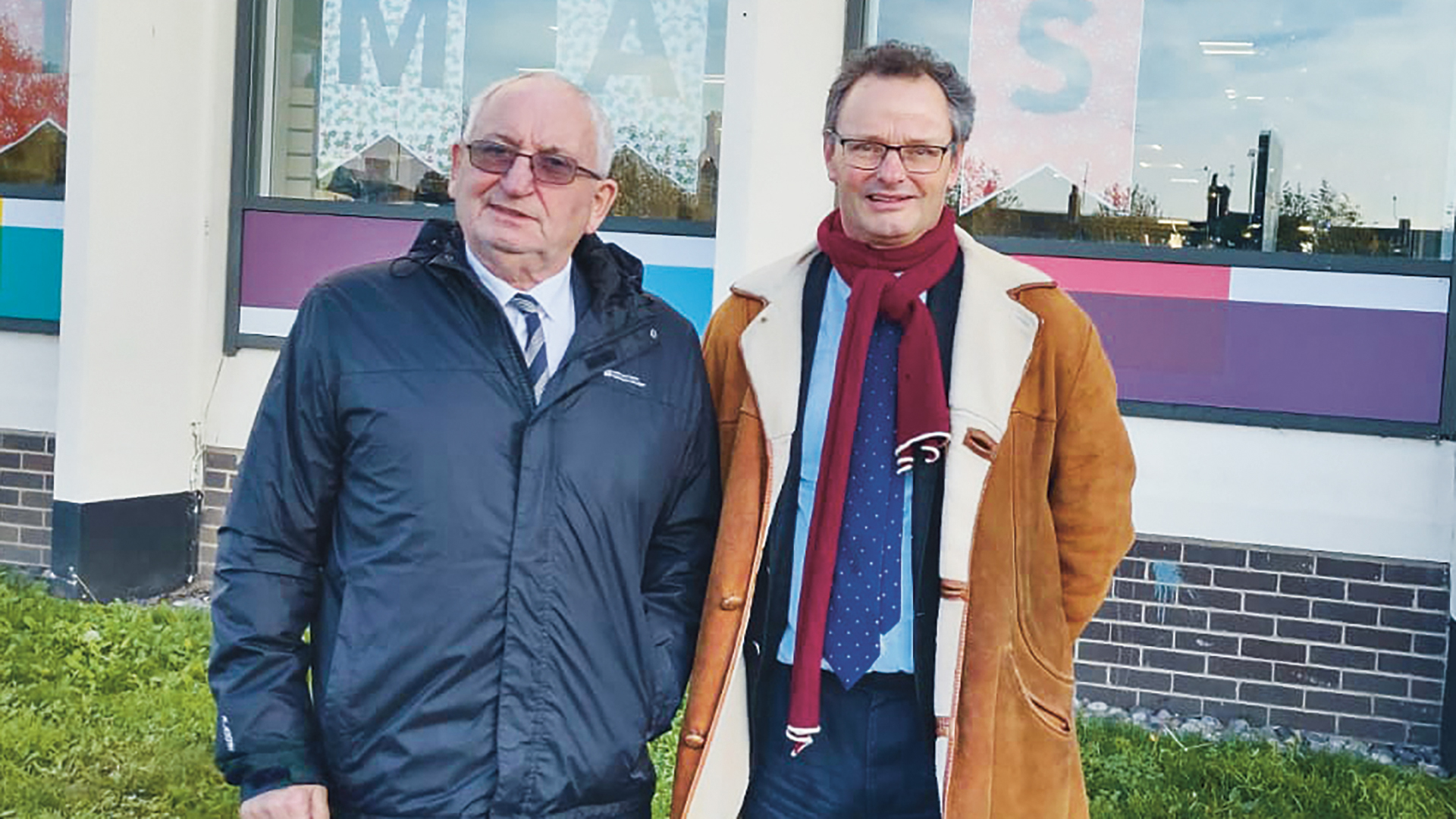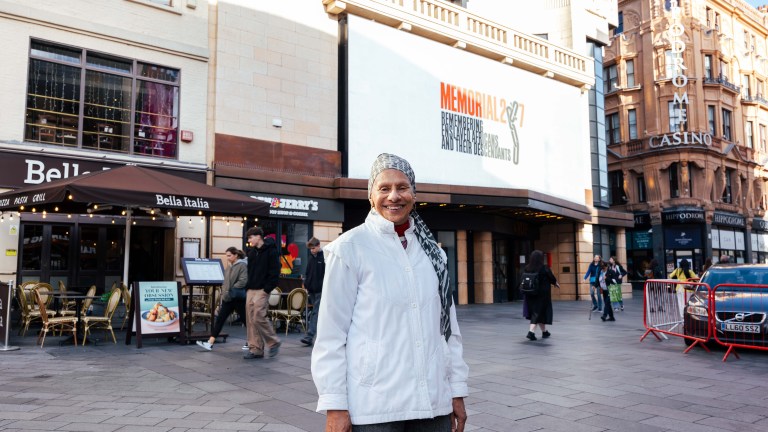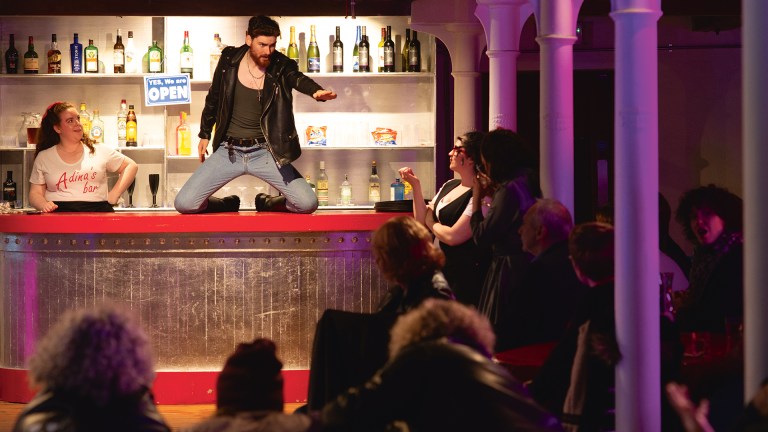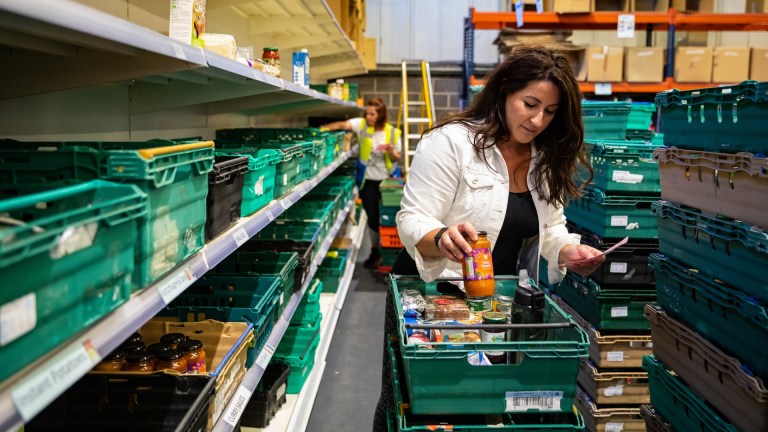I was particularly struck by a flock of former battery hens that arrived in a terrible, featherless state but after a few months had grown feathers and returned to their natural habit of scurrying and scuffing for worms and beetles.
Flowers and bushes, vegetables and fruits are grown for the benefit of the numerous groups who come from schools and homes for the wellbeing that nature provides for them. The woodwork shop helps people make objects that are sold in the gift shop. What a welter of interventions on behalf of those who need an exit from the problems that affect their ability to live in the community.
Geoff has been running the project for over a decade, and anyone’s spirit would be lifted by the incredibly rich array of nature’s bounty put to use for the common good. I shall revisit if for no other reason than to savour the sense of tranquility and hope it brings to those people who need help with their wellbeing.
After this we went to the over-50s club and were served a divine meal by the cooks of this great loneliness-busting project, with apple crumble and custard for afters. Set right in the town it is often full of people who come to spend time with others, to have exercise and arts to enrich their days. It was full when we went and Emma Punter, who runs the project, showed us around. What a burst of optimism came over us, followed by the brilliant lunch in the well-served kitchen.
We met Phil Aves, ex-top copper who runs the educational partnership Lowestoft Rising and speaks the language of prevention and cure that I have gone on about for decades. But he helps people get out of emergency, too, as efficiently and thoughtfully – and as soon – as possible. A good support service will always help people to establish a better quality of life for themselves and Phil is completely committed to this.
Our last visit was to meet Lydia Chivers, who runs Bridgeview, a homeless project that is adopting the model of giving complete support for homeless and vulnerably accommodated people. To help people out of the streets and temporary accommodation and to support them into an independent form of living. It’s gratifying that increasingly people are being given the support that they need, beyond simply the roof over their heads.
After four hours the visit was over. We walked back to the station, while MP Peter went back to his office to prepare for a concert at a youth theatre in the evening. Four hours of tasting the air of social intervention and support, so to speak, in a town trying to pull itself up by its bootstraps. Four hours of meaningful meetings with people who show that most of the answers to poverty and need, and neglect and loneliness, are out there already.
All we need to do is bring them together. To aid communities to flex their communal muscles and devise the services that lift people out of destructive need into a position where they can break free from the constraints of poverty.
I got back on the train home feeling full of joy. I had touched base with many of the constituent parts of the answers that we need. Mental wellbeing, belonging, support; helping people build opportunities into their lives.
Obviously I am out looking for the solutions to our social poverty problems. To find out, also, what would fit into the Ministry of Poverty Prevention that we are building. A ‘suck it and see’ scenario. And Lowestoft filled me full of a belief that we can burst poverty’s grip on us and on our imagination. It can be done. It will be done.
John Bird is the founder and editor-in-chief of The Big Issue. Read more of his words here.
Do you have a story to tell or opinions to share about this? We want to hear from you. Get in touch and tell us more










